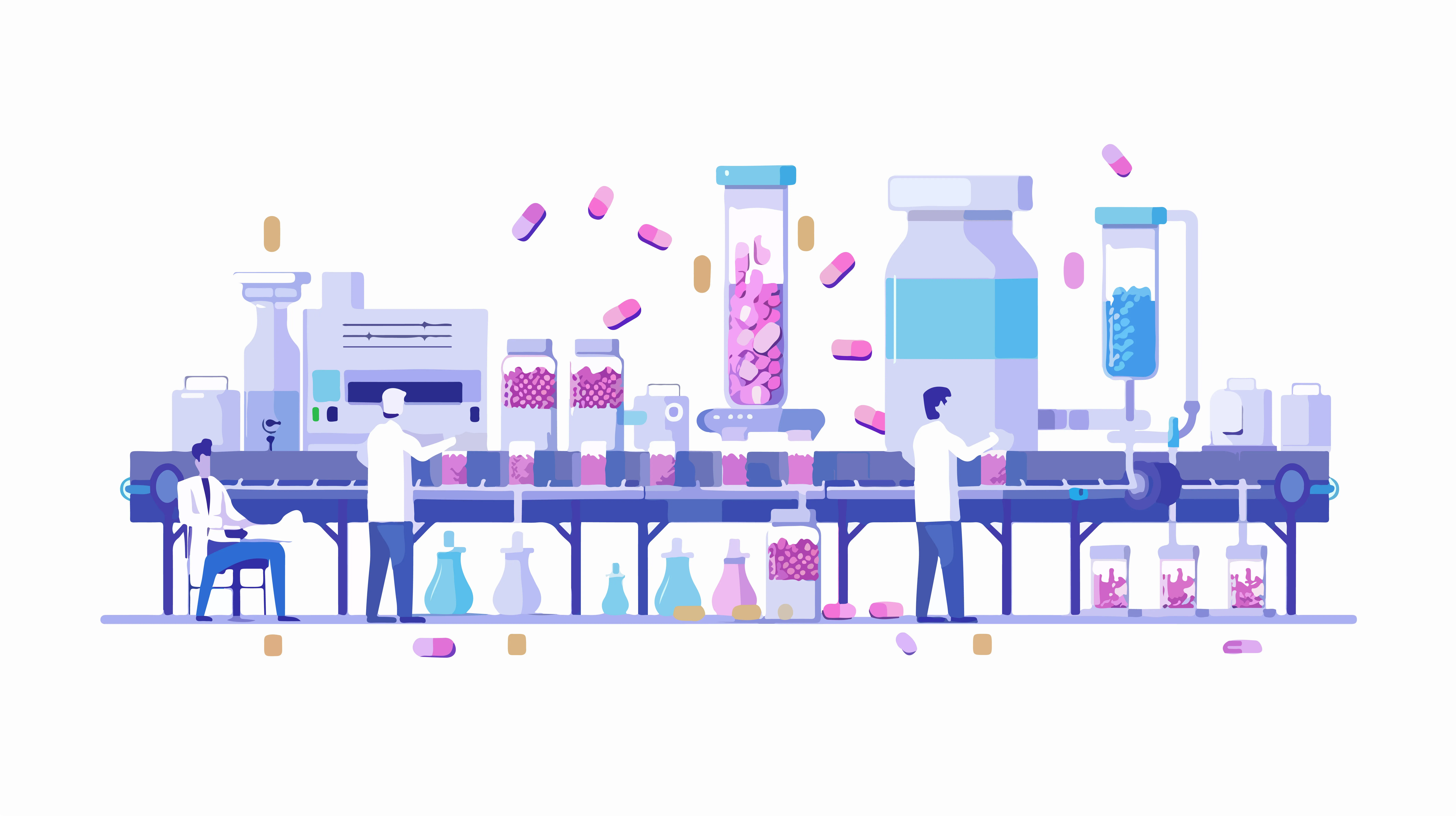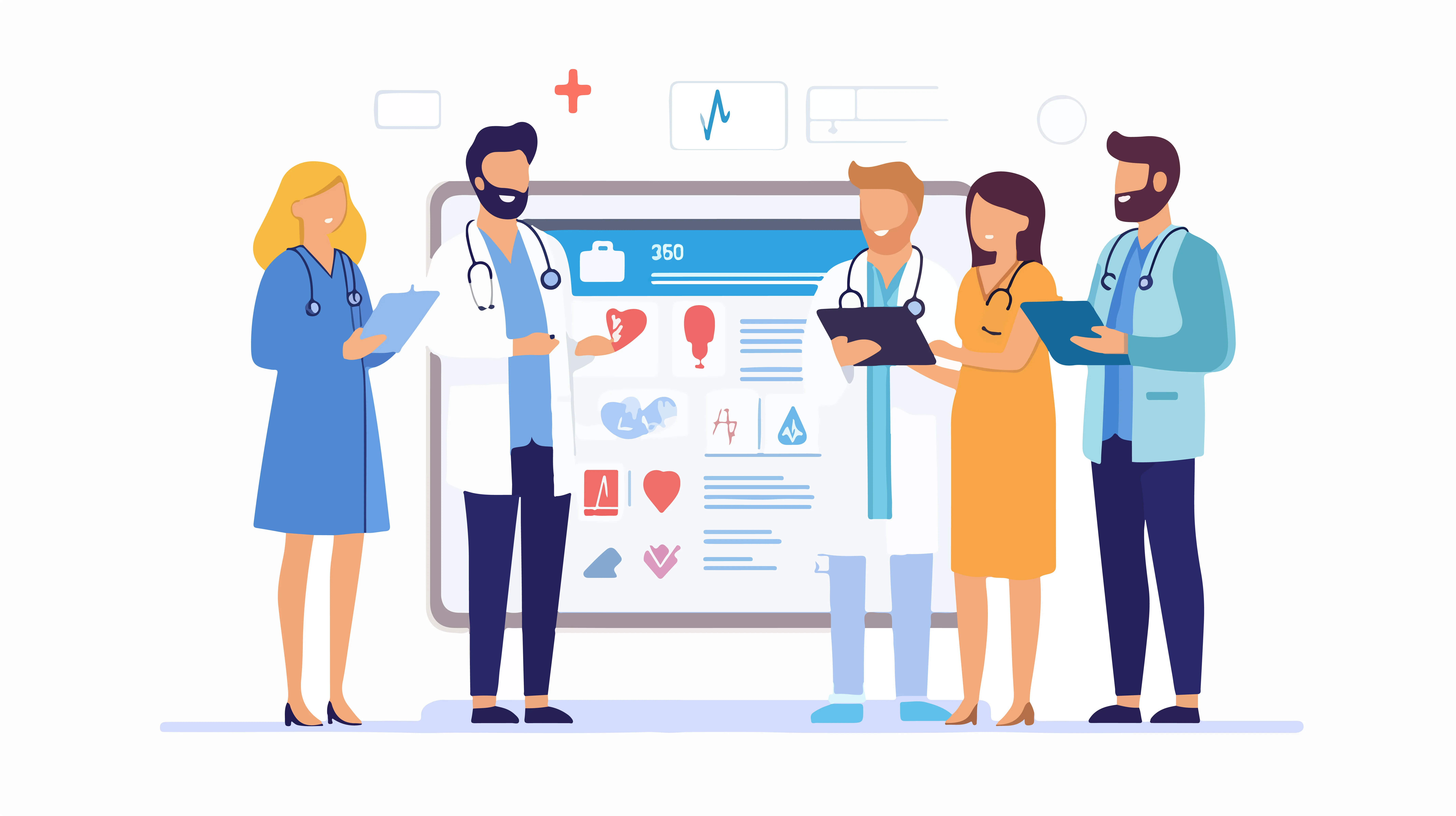Since generic medications make up about 90% of prescriptions written in the US, the global pharmaceutical supply chain is a complicated and interconnected system. However, because China and India are the two largest suppliers of generics and active pharmaceutical ingredients, the United States has slapped tariffs on raw materials, APIs, and finished products, making this system more vulnerable. In the American healthcare system, the delicate balance of affordability, availability, and accessibility changes in tandem with changes in trade policy. World BI is organizing Pharma Supply Chain and Logistics Innovation Programme again this year where this topic is going to be discussed.
We explore how US tariffs affect the generic drug supply chain in this blog and what disruptions they can cause, and how the pharmaceutical industry might respond.
The Global Nature of Generic Drug Manufacturing
Despite being sold under different names in the US, generic medications frequently come from a supply chain that is dispersed throughout the world. A typical generic medication may include:
- APIs from China
- Excipients from Europe
- Final formulation and packaging in India
- Distribution and labeling in the US
According to the FDA, around 80% of API manufacturers are located outside the United States. China alone is estimated to supply over 40% of the world's APIs, many of which are critical to manufacturing affordable generic medicines.
How US Tariffs Affect Things
In recent years, the US has implemented or threatened tariffs on a wide range of Chinese imports, including raw pharmaceutical ingredients, chemicals, and even finished drugs. Even though not every pharmaceutical product has been directly impacted, trade regulations' ambiguity and reach have caused significant disruptions.

Key areas of impact:
- Increased Cost of APIs and Chemicals
- Supply Chain Uncertainty
- Regulatory and Compliance Bottlenecks
- Repricing of Generic Medications
Margin Pressure and Rising Costs
Generic medications are intended to be less expensive than name-brand ones. Manufacturers' profit margins are quite narrow. It is frequently impossible for generic producers to cover the gap when tariffs raise input costs by even 5 to 25%.
Instead, they are forced to:
- If regulations allow, Raise prices
- Exit markets for less profitable drugs
- Delay production or procurement
Risk of Shortages
Tariffs may also cause delays in the supply chain. Backlogs in API procurement may result if manufacturers have trouble locating substitute suppliers outside of tariffed areas. Successively, this risks production halts, slower distribution, and drug shortages, especially for critical medications like:
- Antibiotics (amoxicillin)
- Hypertension drugs (e.g., losartan)
- Cancer medications
The U.S. pharmaceuticals market has been long subjected to shortfalls of critical, life-saving medications. According to the data published by the American Society of Health-System Pharmacists, there are currently active shortages of 270 drugs in the U.S. The supply of generic medications in the U.S. is heavily dependent on Indian and Chinese manufacturers, and these manufacturers grapple with tight profit margins on their products.
Regulatory Challenges
Switching to non-tariffed suppliers is not a quick fix. Any new supplier especially of APIs must pass FDA approvals, requiring:
- Inspections
- Documentation
- if the formulation changes (Bioequivalence testing can be done)
These processes can take months to years, creating a time gap where the drug might be off the shelves or significantly delayed.
Strategic Overdependence on China and India
The tariff debate has also brought renewed focus to the US’s overdependence on a few countries for essential medicines. While India is the largest supplier of generics, its dependence on Chinese APIs (up to 70%) means that tariffs or disruptions in China affect India’s output too.
The Push for Domestic Manufacturing
In response, some US policymakers and industry leaders are advocating for reshoring pharmaceutical manufacturing. Incentives such as:
- Tax breaks
- Fast-track FDA approvals
- Federal contracts for essential drugs
are being discussed to attract companies to manufacture APIs and drugs on US soil.
However, rebuilding domestic infrastructure for API manufacturing is capital-intensive and time-consuming. It will take years of investment, not to mention significant regulatory navigation and workforce training.
How the Industry is Responding
Leading generic drug manufacturers and pharmaceutical associations are already adapting:
- Diversifying Suppliers
- Building Inventory Buffers
- Advocacy and Legal Challenges
- Digital Supply Chain Tools
What It Means for Patients and Healthcare
The greatest impact of tariff-induced disruptions will ultimately fall on the patients. They could experience:
- Higher out-of-pocket costs
- Insurance coverage limitations
- Increased pharmacy wait times
- Substitution with higher-cost branded drugs
Healthcare systems may also see increased procurement costs, putting financial pressure on hospitals and public health programs.

Conclusion
The effects of tariffs on public health must be carefully considered when using them as a foreign policy and economic leverage weapon. Even if home resilience and national security are crucial, a functional healthcare system cannot compromise on access to reasonably priced medications.
The US government, pharmaceutical companies, and global trade partners must work collaboratively to ensure that:
- Critical medicines are exempt from disruptive tariffs
- There is incentive to diversify supply chains responsibly
- The balance between cost, quality, and availability is preserved for all patients
Final Thought
Tariffs may be temporary, but their impacts on medicine access can be long-lasting. As global supply chains become more complex and geopolitical tensions rise, a resilient, diversified, and transparent pharmaceutical supply network is no longer optional it’s essential.
World BI Pharma Supply Chain and Logistics Innovation Programme
It is a global event uniting pharmaceutical industry leaders, supply chain innovators, and logistics experts to explore advancements in Pharma Supply Chain. Pharma Supply Chain and Logistics Innovation Programme organized by World BI, this conference focuses on pioneering strategies for optimizing pharmaceutical supply chains, workforce, enhancing logistics efficiencies, Impact of US Tariffs, 3PL and addressing the unique challenges of this critical sector. This platform fosters collaboration and knowledge-sharing to build robust, efficient, and secure supply chains that ensure timely delivery of medicines, patient safety, and operational excellence.